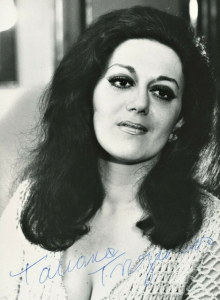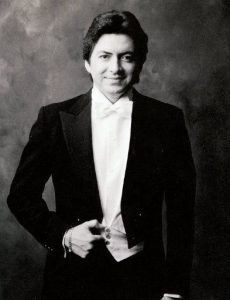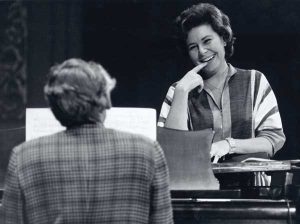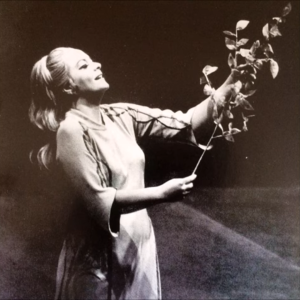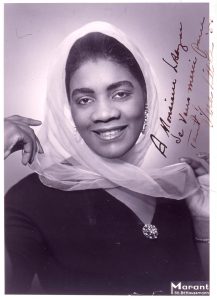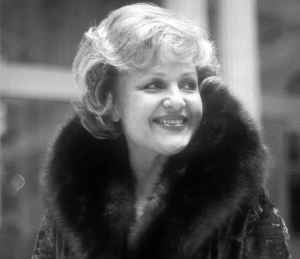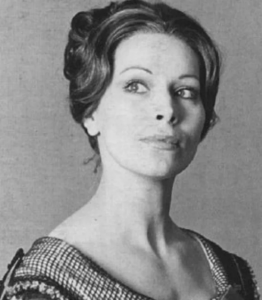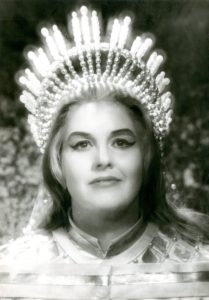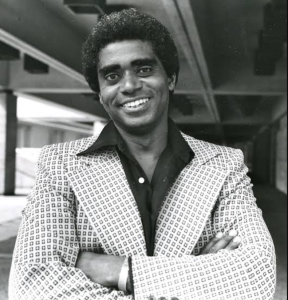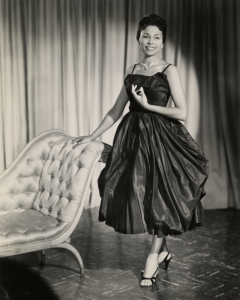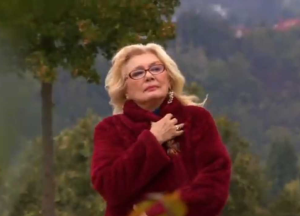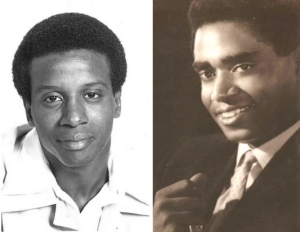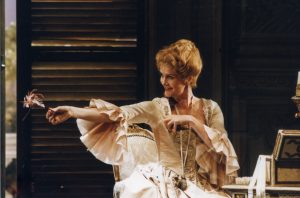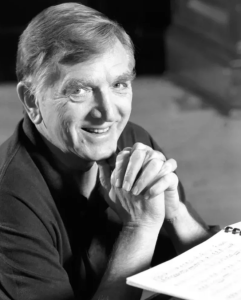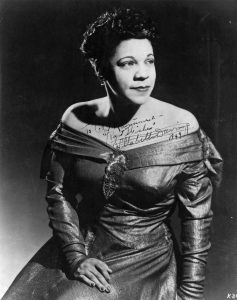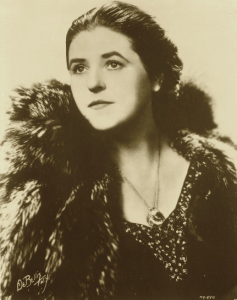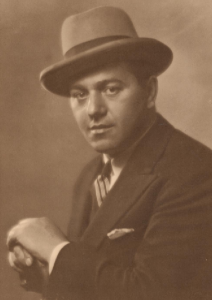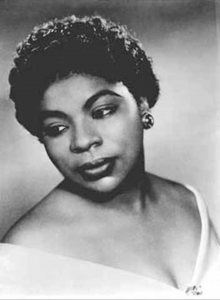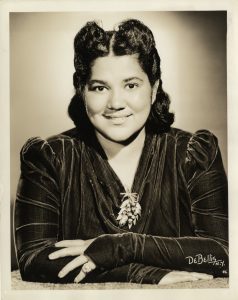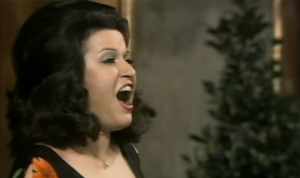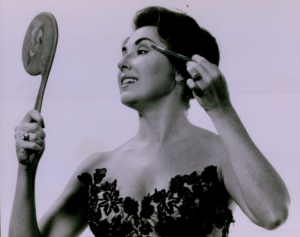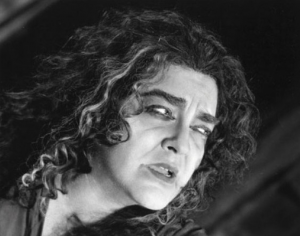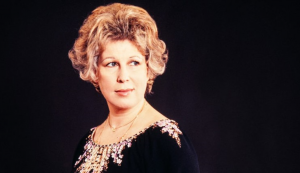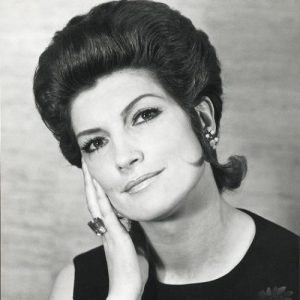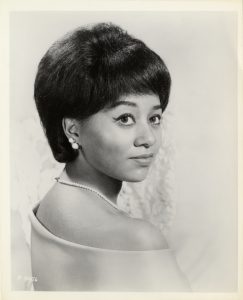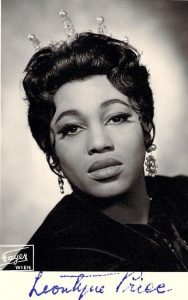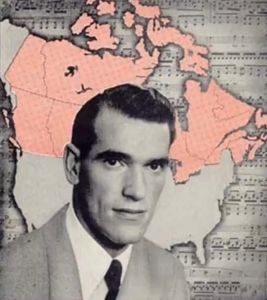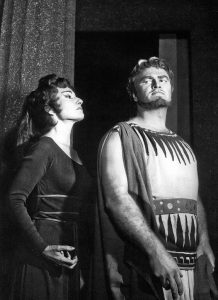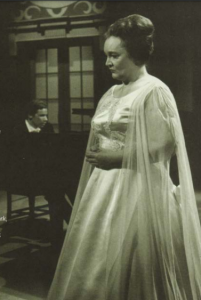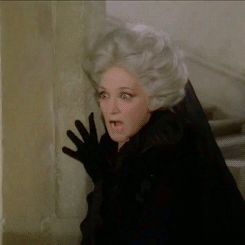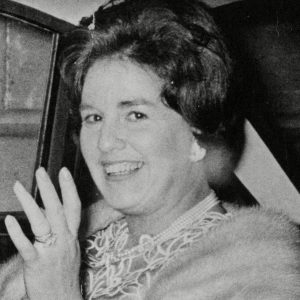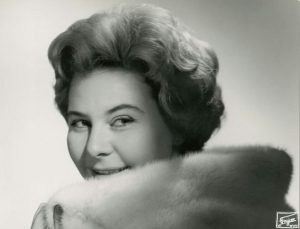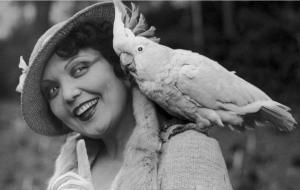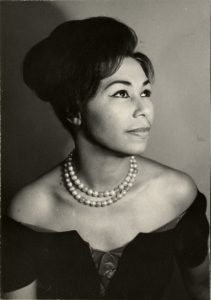Podcast: Play in new window | Download (Duration: 1:40:24 — 101.4MB) | Embed
Subscribe: Spotify | TuneIn | RSS | More
Today is the day that the United States formerly celebrated its independence. But the events of recent months have not made me feel much like celebrating. As I racked my brain to think of an “American” (read: US-American) of whom we could be truly proud, my mind flew to Carol Neblett, one of the great (if relatively unsung) voices of the 1970s and beyond. Carol died prematurely and unexpectedly in November 2017, and from the earliest days of the podcast, it has been my intention to bring increased attention to her incandescent voice and artistry. For a while, her son Stefan Schermerhorn and I have been planning to do such a tribute, but as with so many such plans, life got in the way. With the looming national holiday, however, I felt the urgent need to do a Carol Neblett episode. So I contacted Stefan earlier this week to ask him if he had any reminiscences to share with us as I was preparing this urgently-needed episode. He returned with an absolutely charming Fourth of July anecdote which begins the tribute. There follows a plethora of live recordings of near-definitive performances of an enormous range of roles that were core to Carol’s repertoire: Violetta, Ariadne, Thaïs, Marietta, Manon, Musetta, Louise, Tosca, Magda in La Rondine, Margherita in Mefistofele, Leonora in Il Trovatore, and Elettra in Idomeneo. Also well-represented is no doubt her most celebrated portrayal: Minnie in La Fanciulla del West. Being a tall and statuesque California-born blonde made Carol a physically ideal Minnie, but even moreso, it was THAT VOICE which allowed her to negotiate all of the part’s considerable vocal difficulties and made her legendary in the part. This is the first of a planned series of Neblett episodes that I hope will bring you as much delight in listening as it did me in preparing it. And in this undeniably grim period of our nation’s history, we desperately need Carol Neblett as a shining example of the brilliance of which the United States is still capable.
Countermelody is a podcast devoted to the glory and the power of the human voice raised in song. Singer and vocal aficionado Daniel Gundlach explores great singers of the past and present focusing in particular on those who are less well-remembered today than they should be. Daniel’s lifetime in music as a professional countertenor, pianist, vocal coach, voice teacher, and journalist yields an exciting array of anecdotes, impressions, and “inside stories.” At Countermelody’s core is the celebration of great singers of all stripes, their instruments, and the connection they make to the words they sing. By clicking on the following link (https://linktr.ee/CountermelodyPodcast) you can find the dedicated Countermelody website which contains additional content including artist photos and episode setlists. The link will also take you to Countermelody’s Patreon page, where you can pledge your monthly or yearly support at whatever level you can afford.
